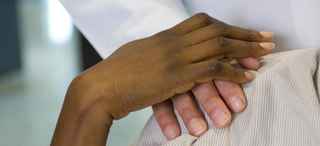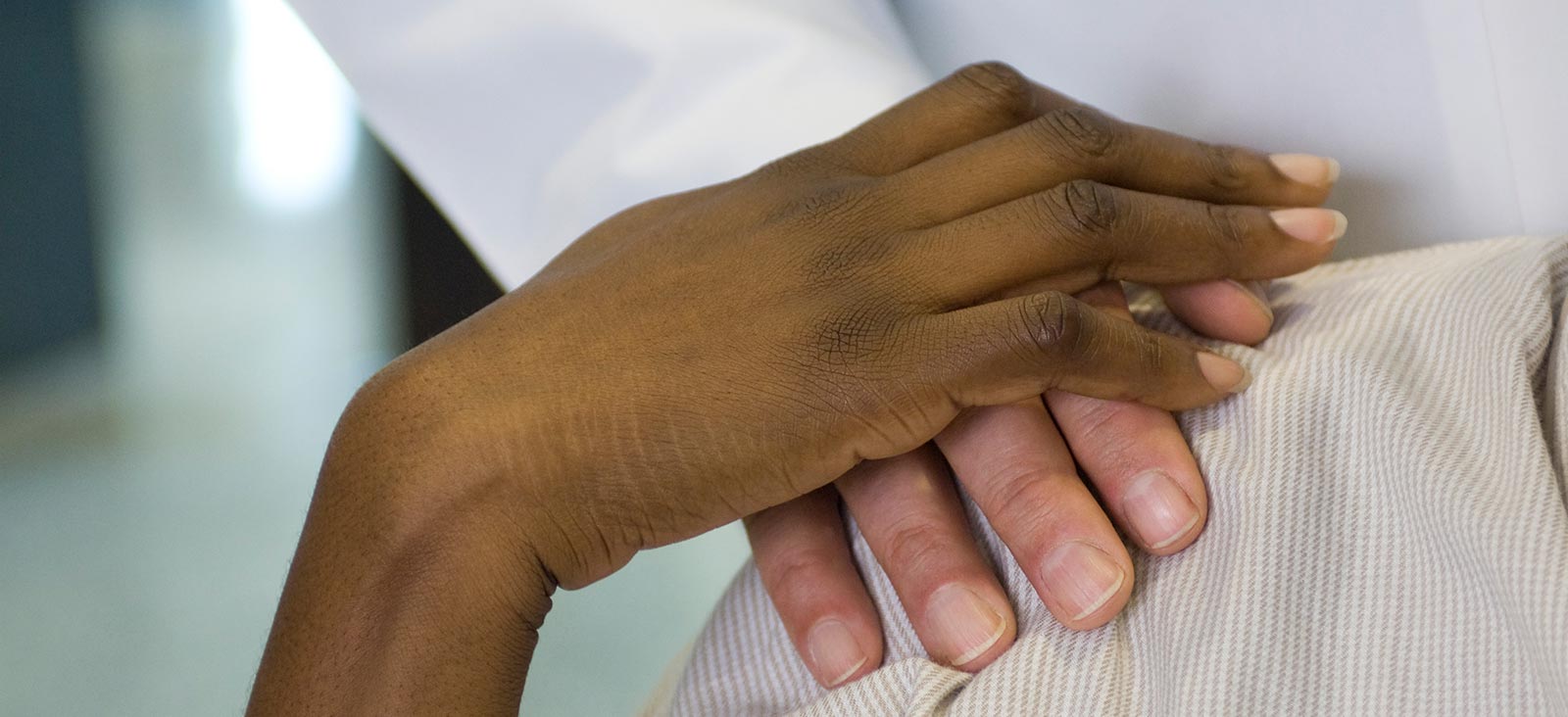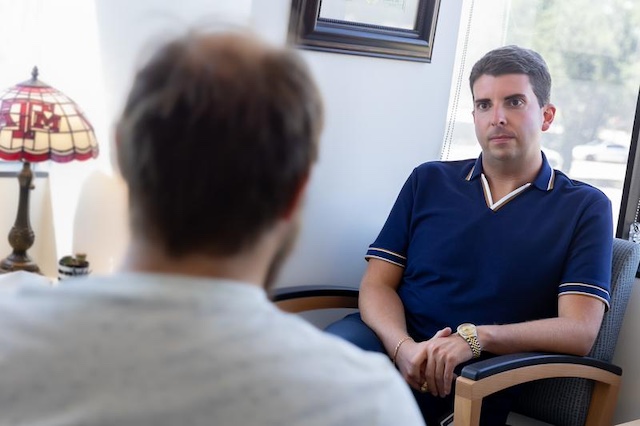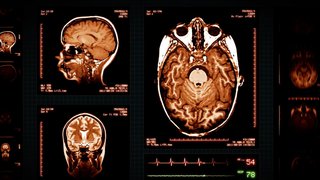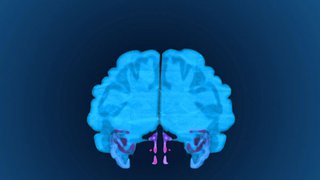Intensive Outpatient Program (IOP)
UT Southwestern’s Mental Health Intensive Outpatient Program offers a structured therapeutic approach for individuals who don’t require round-the-clock inpatient treatment but need more intensive support than outpatient therapy.
With a focus on fostering resilience, coping skills, and emotional regulation, our IOP empowers individuals to achieve lasting recovery and enhanced well-being while maintaining their daily routines and responsibilities.
IOP participants undergo an initial assessment to determine their specific needs and challenges. Based on this assessment, we develop a tailored treatment plan, outlining the goals and objectives of therapy.
Criteria
- At least 18 years old
- Absence of suicidal and homicidal ideation (SI/HI)
- Absence of psychotic features
- Exhibits coherence, rationality, and cognitive ability to comprehend and assimilate the material presented during sessions
Group Topics
- Cognitive distortion (CBT/DBT focused model)
- Stress, anxiety, and your mental health
- Dealing with depression
- Healthy coping skills and mindfulness
- Anger management
- Healthy boundaries and relationships
- Proper communication techniques
- Problem-solving and decision-making
Location: Clements University Hospital, Fifth Floor, Orange Tower
Contact us via email at IOP@UTSouthwestern.edu for a referral.
